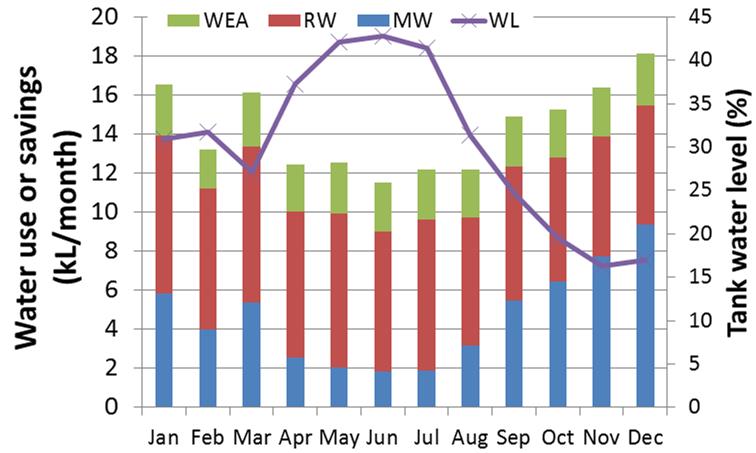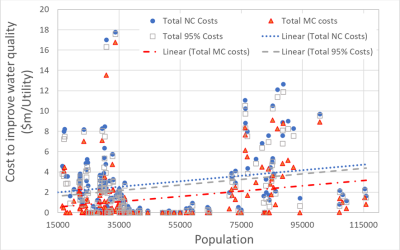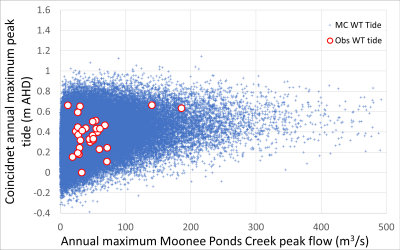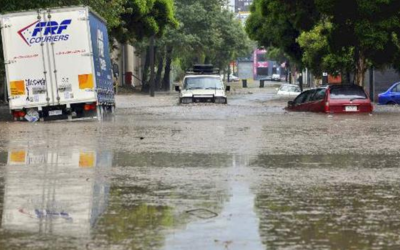 Stormwater, waterway benefits and water resources benefits of water conservation measures for Australian cities
Stormwater, waterway benefits and water resources benefits of water conservation measures for Australian cities
Peter J Coombes, Michael Smit, Josh Byrne and Christopher J Walsh. Presentation at the HWRS2016 conference in Queenstown New Zealand at 10 am on Tuesday 29 November 2016
Households with rainwater harvesting and water efficient appliances made a profound contribution to Australian society by ensuring that cities did not run out of water during the millennium drought. In spite of this, the value of sustainable households is contested as the memory of drought fades. This investigation used audited metadata from national agencies and water utilities, peer reviewed research, case studies and a systems analysis of Australian capital cities to define the benefits of sustainable buildings. The key findings of this study confirm that source control measures including rainwater harvesting, water efficient appliances and vegetable gardens at households makes a substantial contribution to the viability of water resources and ecosystems in Australian capital cities.






